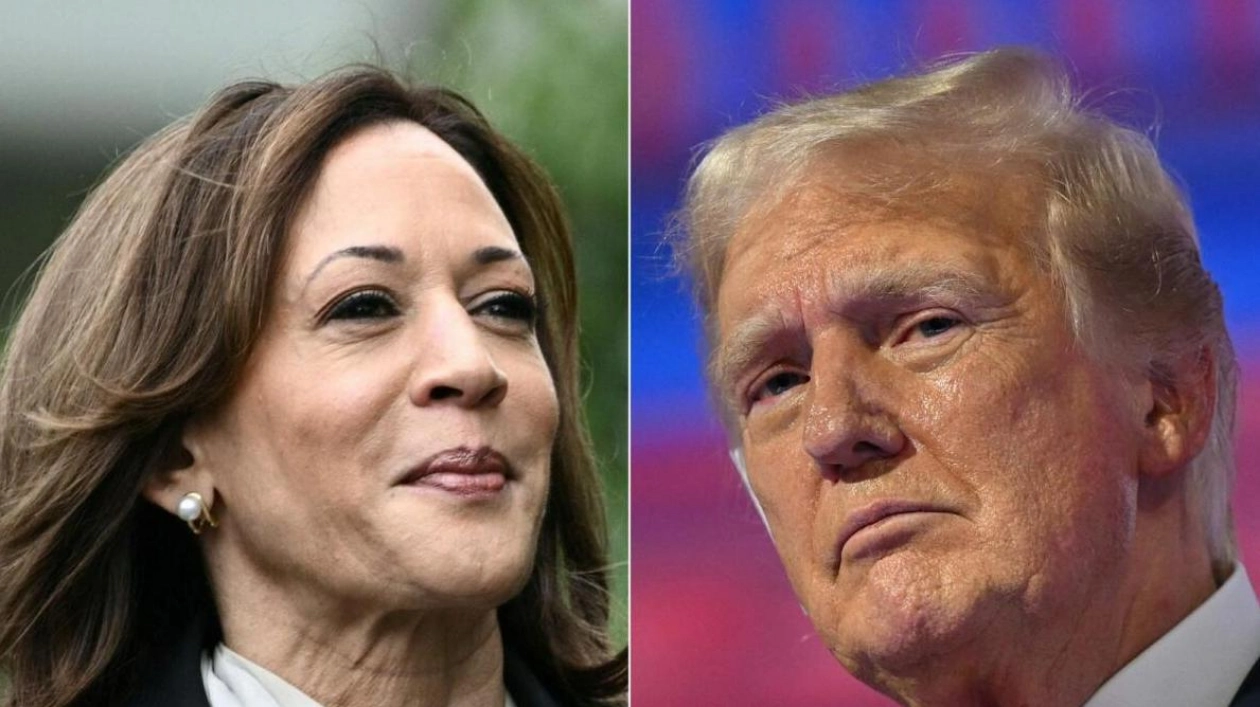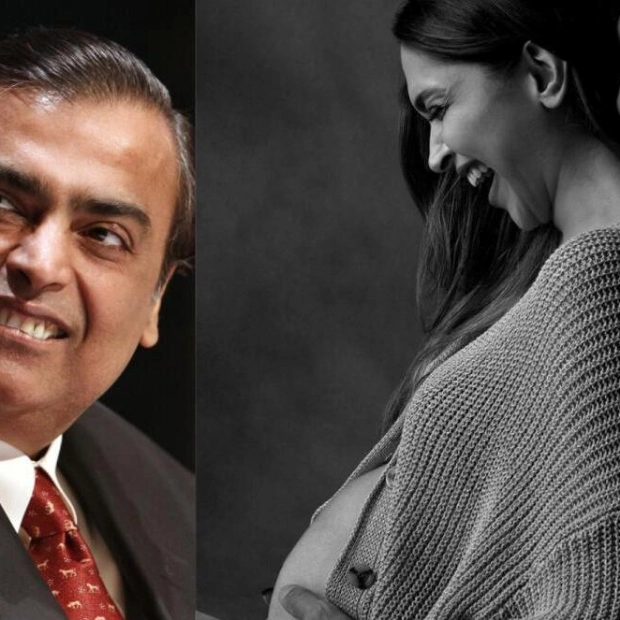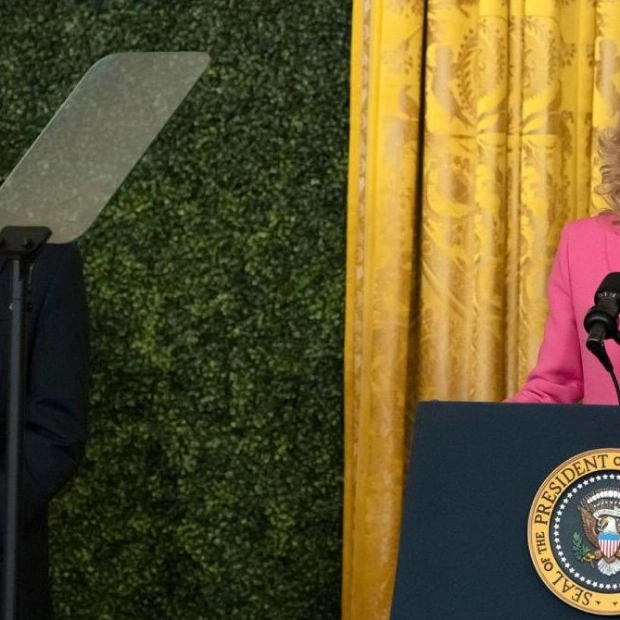Democratic presidential candidate Kamala Harris is attracting greater backing from Black voters compared to President Joe Biden's levels of support during his campaign earlier this year. Meanwhile, Republican Donald Trump's popularity among White voters has seen a slight increase in recent months, as indicated by an analysis of Reuters/Ipsos polling data. The analysis, which scrutinized over 10,000 responses from seven nationwide Reuters/Ipsos polls since May, highlights both the strengths and weaknesses of Harris, the US vice-president who assumed Biden's campaign after he withdrew his re-election bid on July 21. Should Harris triumph over Trump in the November 5 election, she would become the first Black woman and the first Asian American president. In July, 70% of Black voters polled favored Harris over Trump in a hypothetical ballot, an increase from the 59% who supported Biden in May and June. Trump's share of the Black vote slightly increased to 12% in July from 9% in May and June.
Trump is also gaining traction among White voters, with 50% supporting him in July polls, up from 46% in May and June. Harris secured the support of 38% of White voters in July, compared to 36% in May and June. The race is currently neck and neck, with both Harris and Trump receiving 43% support in an aggregate of last month's polls. Biden and Trump each had 40% in the polls conducted in the previous two months. The analysis considered poll responses collected throughout July in a hypothetical Harris-Trump contest, including those gathered before Biden, 81, ended his bid. All responses regarding Harris, however, were collected after Biden's June 27 debate against Trump, where the president's subpar performance prompted Democrats to urge him to withdraw from the campaign.
White voters constitute the largest racial group, making up 72% of all voters in the 2020 election, according to the Pew Research Center, although their proportion of the electorate has significantly decreased in recent decades. African Americans accounted for only 11% of voters in that year. However, they are a crucial element of the Democratic Party's coalition and could significantly influence this year's election. For instance, Black voters in Georgia were instrumental in Biden's victory over Trump in the 2020 presidential election. Yet, a rise in living costs and perceived inaction on racial justice issues has led to disillusionment among some.
Terrance Woodbury, a Democratic pollster focusing on minority voter engagement, suggests that Harris requires substantial support from African Americans to offset her weaker support among White voters, especially among white men and seniors. Biden secured 92% of the Black vote in 2020, while Trump won 55% of White votes, according to an analysis of exit polls by the Pew Research Center. "She's going to have to consolidate her base of Black voters, of young voters and women of colour," Woodbury noted. Harris might be gaining a larger portion of Black voters who were previously undecided. In July, 19% of Black registered voters said they were undecided, might choose a third candidate, or not vote at all, down from 31% in May and June.
A Harris campaign official anticipates the race to stay tight leading up to November. The Trump campaign did not respond to a request for comment. Trump has inaccurately accused Harris of underplaying her Black heritage. He faced backlash from a convention of Black journalists when he claimed she only emphasized her Indian heritage in the past. Harris, who has both Indian and Jamaican heritage, has consistently identified as both Black and Asian. Reuters combined multiple polls to analyze trends among smaller racial and ethnic groups, with margins of error for the poll results ranging between approximately two and six percentage points.






